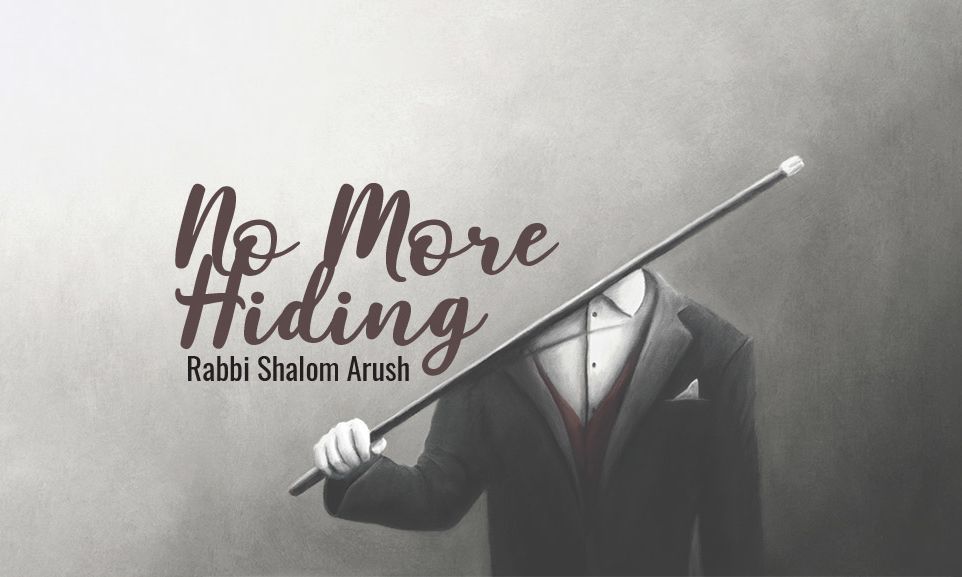
No More Hiding
We all must admit that we can't overcome our evil inclination without Hashem's help. No, but some people prefer to live in denial. They hide...

Summertime is the time for teshuva. Let’s not wait until Elul and the High Holidays, for we must rectify what we can today. One would not think about missing his or her daily shower on a hot summer day to cleanse and refresh our bodies. Doesn’t the soul deserve at least the same?
Prime teshuva is asking Hashem’s forgiveness for our smug feelings and for forgetting about Him, the core reasons of our sin.
Sin is merely the result of forgetting about Hashem. Our teshuva should therefore be remorse for forgetting about Hashem, even momentarily. A person sins when he thinks he can manage without Hashem. With all the above in mind, when one learns the lesson of his sin, his very setback brings him closer to Hashem. But those who deny wrongdoing, or justify it, or persecute themselves, show that they do not truly intend on coming close to Hashem. Such people learn nothing from their setbacks in life.
That’s why we say that the sin itself is minor whereas “hiding from Hashem” – refusing to accept that one is nothing without Hashem – is in truth the major sin. It’s bad enough to sin, but why hide afterwards? At least admit to the fact that we have an evil inclination, that we’re sorely futile and prone to sin and nothing  without Hashem. Admit that we can’t overcome our evil inclination without Hashem’s help. No, but some people prefer to live in denial. They hide. This removes them even further from Divine light; as such, the hiding process is worse than the sin.
without Hashem. Admit that we can’t overcome our evil inclination without Hashem’s help. No, but some people prefer to live in denial. They hide. This removes them even further from Divine light; as such, the hiding process is worse than the sin.
As to the minor sin, we say (Psalm 103:14), “He knows our inclination; remember that we are but dust”. A person is very prone to sin, whether by looking at something he should not be looking at, or by speaking improperly, or by committing any number of transgressions that people take lightly. But, when a person denies, rationalizes or justifies himself, his “hiding” from Hashem is tantamount to an effort to swindle Hashem, which results in a tragic forfeit of Hashem’s ongoing intervention in helping a person. The person who hides from Hashem remains shrouded in spiritual slumber. He’s not interested in Hashem or in getting close to Him. This brings the person to total heresy and to other worse sins. Again, the damage of hiding from Hashem is much greater than the damage of the original sin.
Many people fail to do teshuva and to confess to Hashem simply because they don’t know that this is the right thing to do. The moment one sins, he should not hide; he should run to Hashem, speak to Him, confess and spill his heart out to Hashem. A person must set aside an hour a day, every single day, to speak to Hashem and to take stock, telling Hashem everything he did in the last 24 hours, and rectifying whatever needs rectification. Such a person is always in teshuva mode and always close to Hashem.
One of two things happen to a person when he is ashamed. Either he is ashamed that he has drifted from Hashem and subsequently makes teshuva, or he makes all kinds of excuses and justifications for his behavior, trying to place the blame on others while being ashamed to admit the truth. The latter is the epitome of insolence.
Rebbe Nachman says (Sefer Hamidot, Emuna, 22) that a person’s crime brings him to heresy. He is a heretic in the fact that he doesn’t believe that Hashem sees what he is doing; his connection to Hashem is therefore severed. Like a nasty downward spiral, the more he transgresses, the more he denies Hashem; the more he denies Hashem, the more he is severed from Hashem; the more he is severed from Hashem, the more he transgresses.
One who is ashamed to turn to Hashem is still wrapped up in his own ego, refusing to acknowledge that he is nothing without Hashem. This of course is insolence, not shame.
An individual’s willingness to admit fault attests to his intrinsic worth. Who is greater than King David, Hashem’s anointed, who cried out to Hashem (Psalm 38:4), “There is no peace in my bones because of my sins”? What was King David’s key to success? He never hid from Hashem. Indeed, he searched for Hashem everywhere and spoke to Him incessantly. So should we. When we stop hiding from Hashem, He stops hiding from us.


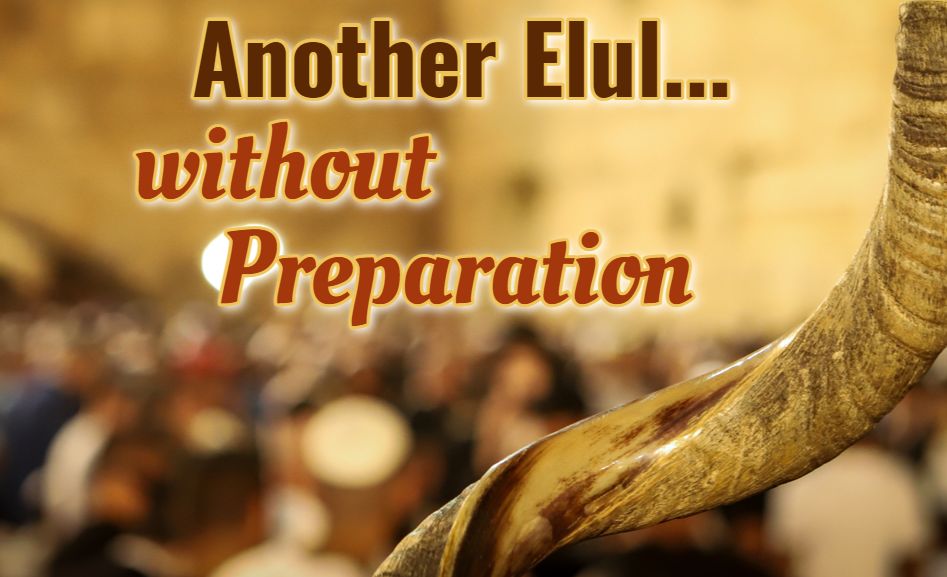
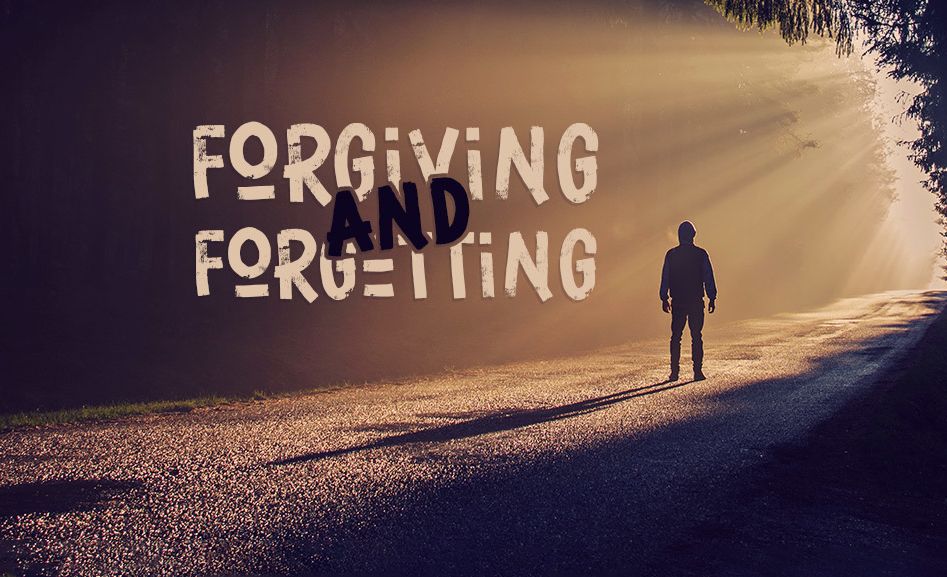
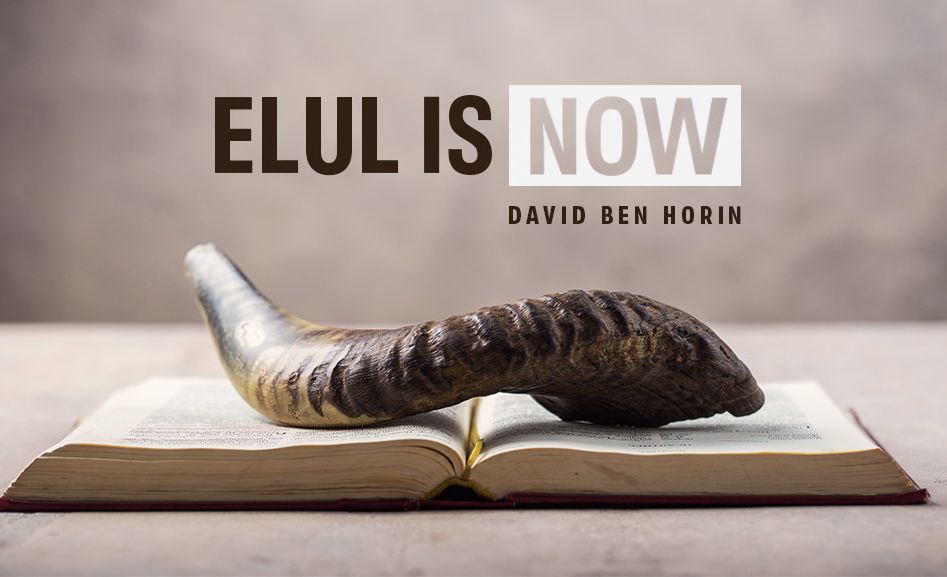

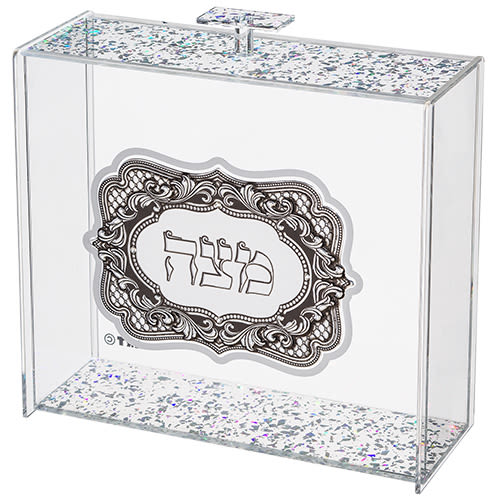

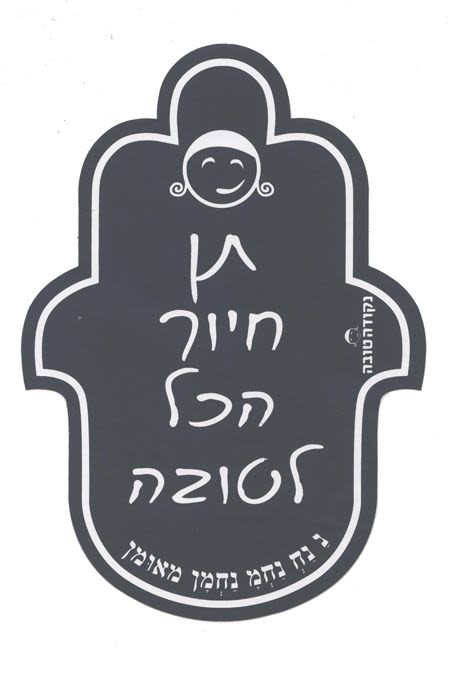


Tell us what you think!
Thank you for your comment!
It will be published after approval by the Editor.